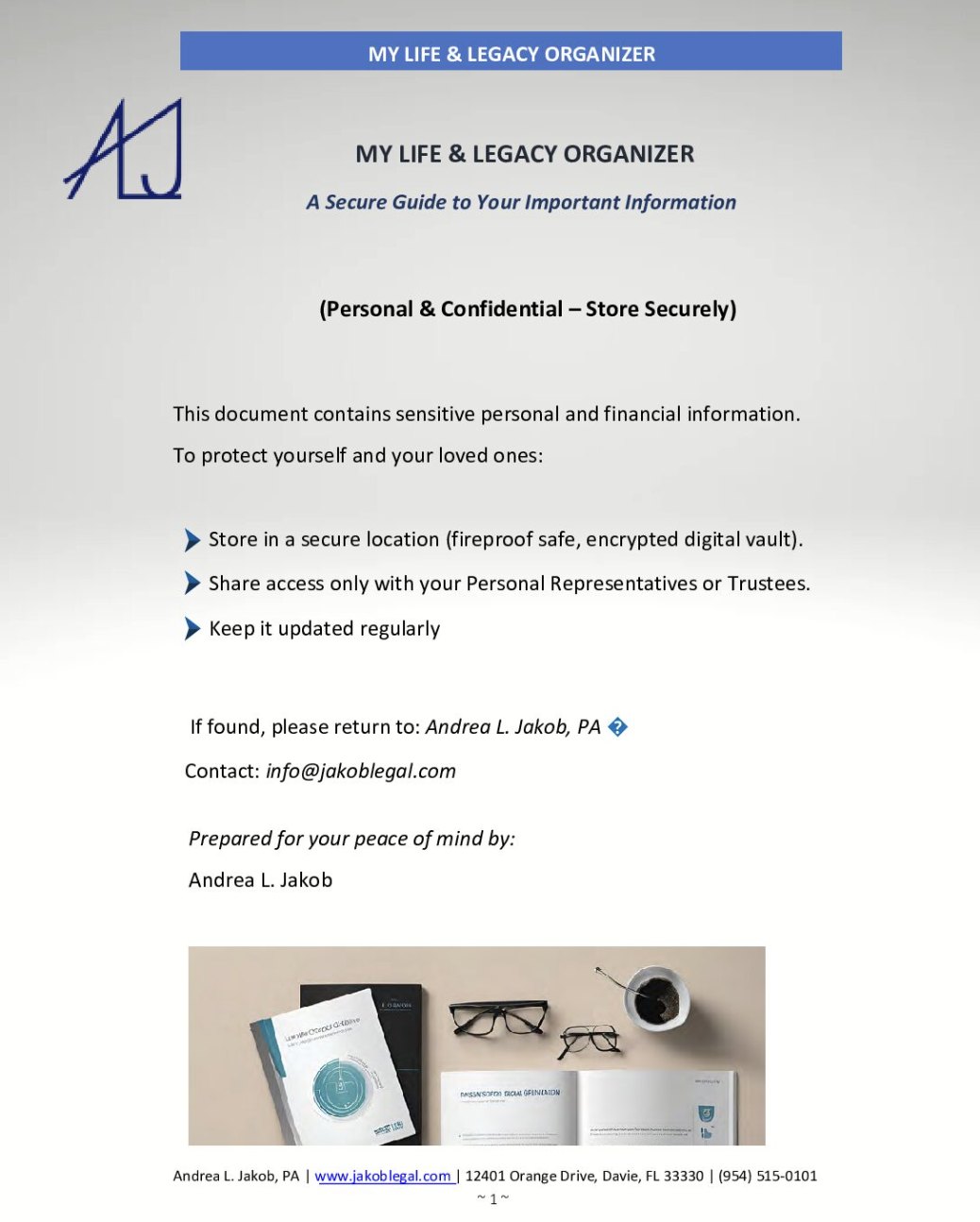Many people opt for leasing a vehicle these days. It’s an attractive option because it allows you to drive a newer car for a lower monthly payment. But have you ever considered what happens to your lease if you pass away before it ends?
Understanding Car Leases
A car lease is essentially a long-term rental agreement that typically lasts between 24 to 60 months. Your monthly payment is calculated based on how much the car’s value is expected to depreciate during the lease term. Ending a lease early can be expensive due to termination fees, so it’s important to understand the details before signing on the dotted line.
Lease Obligations After Death
The fate of your car lease largely depends on the specific terms in your contract. Some leases have an early termination clause that activates upon the lessee’s death, but these often come with additional fees. The estate, usually represented by a Personal Representative here in Florida, or an “Executor” in other states,, will need to provide a death certificate to prove that the lessee has passed away.
If the lessee was behind on payments, the dealership may repossess the car and require the estate to settle the remaining balance. In certain cases, the lease may be transferred to a willing family member, but this would be subject to the contract terms.
Co-Signers and Lease Transfer
If there’s a co-signer on the lease, they generally become responsible for any remaining payments after the lessee’s death. Some leasing companies offer special programs to assist co-signers in such situations.
Importance in Estate Planning
While a leased car isn’t owned and therefore can’t be bequeathed in a will, it’s crucial not to overlook it in estate planning. Neglecting to account for a car lease can create complications for your estate and your loved ones.
It’s advisable for the estate’s Personal Representative to consult with us to review the lease terms and determine the best course of action.
In summary, if you have a car lease, it’s prudent to understand what will happen to it in the event of your passing. Knowing the terms can help you plan better and prevent unnecessary complications for your loved ones.

